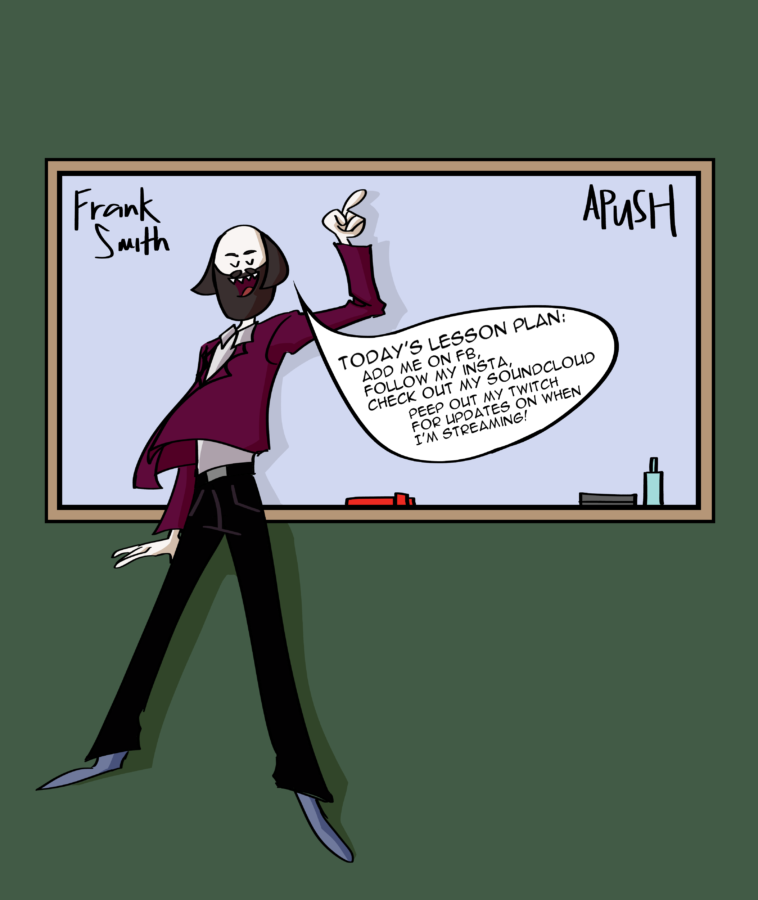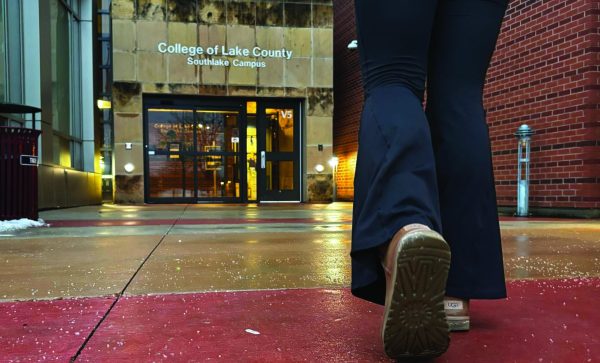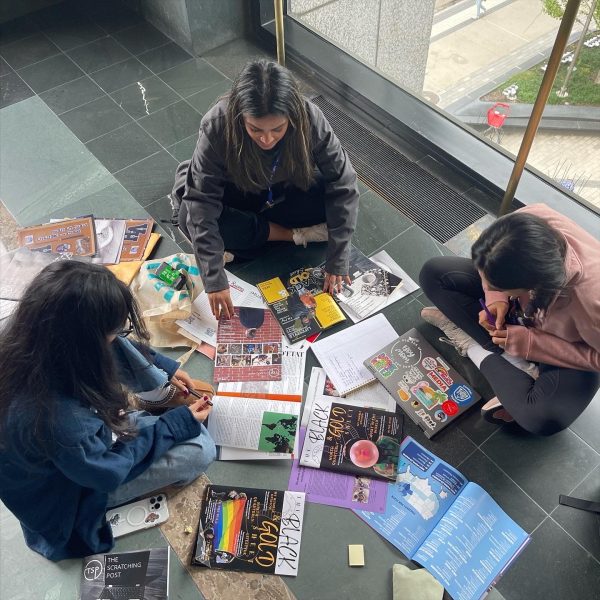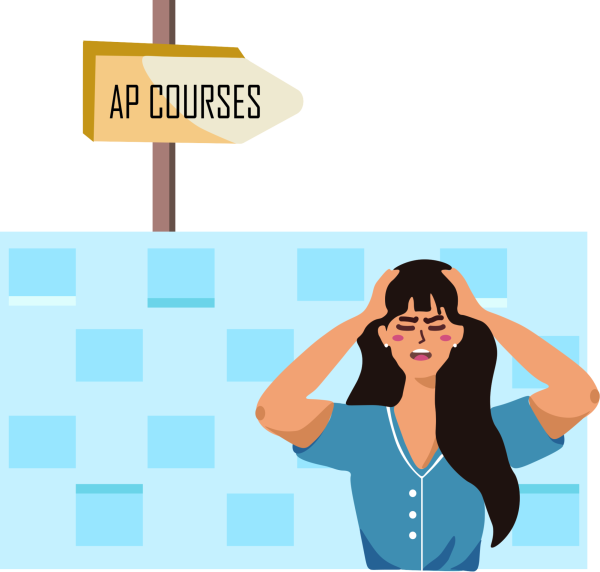Social Media Boundaries
Should students and teachers be allowed to be friends on social media? Should they text, tweet, or snap each other? I’ve always wondered whether it’s “legal” or not. If it isn’t legal…why? What harm can come of a student and teacher being friends on Facebook or Instagram?
Apparently, a lot of the school staff are afraid of favoritism. According to Redwood City Patch, “there are some truly great benefits that come from students and teachers being friends on Facebook. One of these benefits is that it allows teachers to more easily reach their students. Students are more likely to learn from someone they trust, like, and can relate to,” said Aileen Pablo.
“A teacher-student relationship on social media can be seen in both lights,” said Shvetali Thatte, a sophomore at IMSA. “On one hand, it leads to more communication between the two, and there is a chance the student could start to feel more comfortable with the teacher when being in a less pressurizing environment.” But there’s also a bad side to this, “However, being on social media restricts privacy. The lives of both the student and teacher will be more in the open, and the teacher will feel the need to be more careful with what he or she posts and does on social media. Furthermore, it is likely that having a relationship between a student and teacher outside of school could escalate to inappropriate relationships or other problems, which would impair the learning of the student and the teaching of the teacher. On the whole, because of its pros and cons, becoming friends on social media should be up to both the teacher and the student. There should be a certain level of professionalism maintained, and both should have full knowledge of possible problems that could arise in the future.”
Students have mixed opinions about this topic. Most students find more cons than pros. “The teachers might know more about what’s going on in the students’ lives and would be able to connect to the students on a more personal level. The biggest negatives include the fact that students feel like they don’t have the freedom to post whatever they want,” Sejal Karwa (10).
Looking at these student’s responses and reading the research, I’ve made the conclusion that the biggest problem with students and teachers being friends on social media is because of privacy. Students would have less freedom to post whatever they want, knowing that their teacher is friends with them on Facebook or following them on Instagram. But honestly, you don’t have to be friends with your teacher if you don’t want to. It’s a choice, so you don’t have to feel like you have no freedom.
However, there are plenty of people who disagree with this and state that students and teachers being friends on social media is inappropriate.
“For starters, an adult having a personal relationship with an underage, unrelated child is always a cause for concern. Just because a student is Facebook friends with their teacher doesn’t necessarily stop them from posting obscene comments and racy pictures. If that isn’t bad enough, there have been numerous occasions where teachers have been caught making inappropriate comments on a student’s Facebook wall,” said the Redwood City Patch.
Mr. Cory Smith, a freshman lit teacher said, “Personal stance on it? I’m not friends with students on social media for the express purpose of just staying above reproach and leaving it as least risky as possible. I think there can be a place for it, particularly using social media in the classroom, I like that idea. I think there’s definitely a line for use outside of the classroom and outside of school. It starts getting greater really quickly, so you would probably have to be a teacher with a fantastic reputation and really put some guidelines and safety nets in place so that you stay above reproach.”
Trying to get further opinions, I asked my counselor, Mrs. Deann Firnbach for her opinion. “Students and teachers or staff members don’t need to be friends on social media until after the student graduates. Honestly, staff members do have a life outside of school and that really needs to be kept private or separate from the student’s eyes while [the teachers] have them in class or see them around the building. There just needs to be a separation until graduation occurs and [the students] are considered more of an adult, and they’re over 18.”
Personally, I have nothing against this at all. I think being friends with teacher would be fun and funny.











